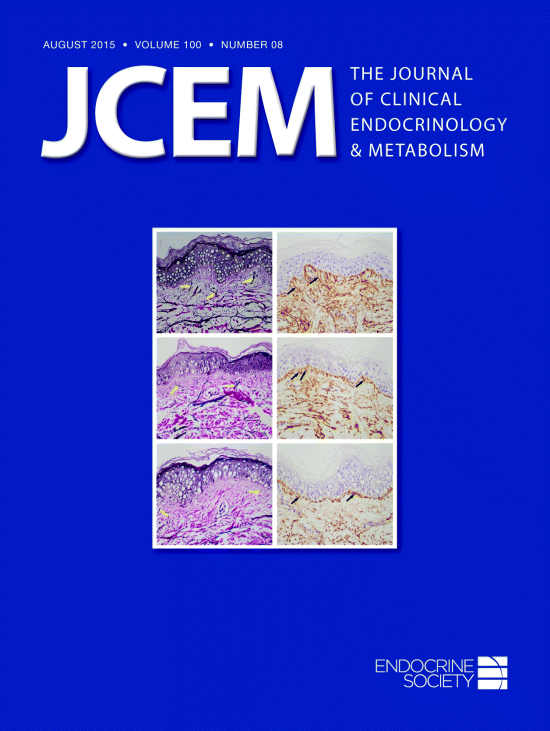March 2007: A study of 16 patients with type 1 diabetes mellitus (T1DM) and 16 normal individuals shows that only one of the 16 T1DM patients, as compared to ten healthy control participants, awakened upon hypoglycemia.
Bernd Schultes and colleagues from the University of Lubeck induced hypoglycemia with insulin under controlled conditions and then assessed sleep with polysomography. A fall in plasma glucose to 2.2 mmol/l, which provoked an awakening response in most healthy control participants, did not provoke awakening in most patients with T1DM. On a control night, with no hypoglycemia, none of the participants from either group awakened.
The researchers also looked at hormonal changes and found that in all the study participants from both groups who woke up, and in five of the study participants who did not awaken (three T1DM patients and two healthy control participants), plasma epinephrine concentration increased with hypoglycemia by at least 100%. In all participants who awakened increases in epinephrine always started before polysomnographic signs of wakefulness.
These results suggest that the awakening response to hypoglycemia is impaired in T1DM patients. It appears that awakening forms part of a central nervous system response to hypoglycemia and that failure to awaken increases the risk for T1DM patients to suffer prolonged hypoglycemia.
In a related perspective Harry Shamoon and Ilan Gabriely, from the Albert Einstein College of Medicine, discuss the paper further and conclude although further work is need to investigate the precise mechanisms involved, it "strongly supports and further advances the current notion of T1DM susceptibility to nocturnal hypoglycemia"
Continue Reading Below ↓↓↓
Citation: Schultes B, Jauch-Chara K, Gais S, Hallschmid M, Reiprich E, et al. (2007) Defective awakening response to nocturnal hypoglycemia in patients with type 1 diabetes mellitus. PLoS Med 4(2): e69.
Source: Public Library of Science




